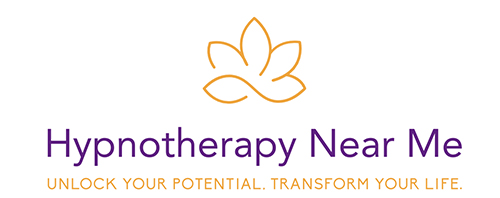
Hypnotherapy as an Innovative Tool in the Fight Against Postpartum Depression
Introduction: The Struggle with Postpartum Depression
Motherhood might appear as a time of joy and fulfillment, but for an overwhelming number of women globally, it’s often marred by the dark cloud of postpartum depression. Postpartum depression (PPD) is a serious mental health issue that can negatively impact both the new mother and her infant. Traditional medication and therapy have been primary courses of action, but hypnotherapy is emerging as an innovative tool to combat this often debilitating condition.
Understanding Postpartum Depression
What is Postpartum Depression?
Postpartum depression is more than just the ‘baby blues’. It’s a complex mix of physical, emotional, and behavioral changes that occur in a woman after giving birth. Its symptoms comprise severe mood swings, difficulty bonding with the baby, excessive crying, and feelings of inadequacy or worthlessness.
The Impact of Postpartum Depression
The repercussions of untreated PPD are vast, influencing not just the mother, but the entire family. It can hinder mother-child bonding, affect the child’s development, and strain relationships.
The Emergence of Hypnotherapy
Hypnotherapy, a type of therapy that uses hypnosis to induce a state of focused attention and increased suggestibility, is coming into the spotlight for its potential in treating postpartum depression.
How Does Hypnotherapy work?
Hypnotherapy works by navigating the subconscious mind, where it can modify or change behavioral patterns, reactions, and emotions. In this altered consciousness, negative patterns and beliefs carried in the subconscious mind can be identified and addressed – an essential component when dealing with postpartum depression.
The Role of Hypnotherapy in Treating Postpartum Depression
Hypnotherapy helps new mothers manage their symptoms in a safe and tranquil environment. The approach helps change negative thought patterns into more positive ones, boost self-esteem and shift perspectives on motherhood.
The Benefits of Hypnotherapy for Postpartum Depression
Hypnotherapy offers numerous benefits. It is non-invasive, has no associated physical side effects, and helps to alleviate stress and anxiety, all of which contribute positively to the wellbeing of both the mother and the baby. Its ability to rewire thought patterns makes it an effective tool for long-term mental health management.
Conclusion: Embracing Hypnotherapy for Postpartum Depression
As the understanding and acceptance of mental health issues grow, so too should the range of treatments available. Hypnotherapy presents a promising and innovative direction in treating postpartum depression. In embracing it, we open new opportunities for mothers struggling with PPD to regain control of their mental health and rediscover the joy in their motherhood journey.
Hypnotherapy for postpartum depression
Explore the role of hypnotherapy as an innovative tool in treating postpartum depression. Discover how it can help new moms navigate mental health challenges to experience joy in their motherhood journey.


